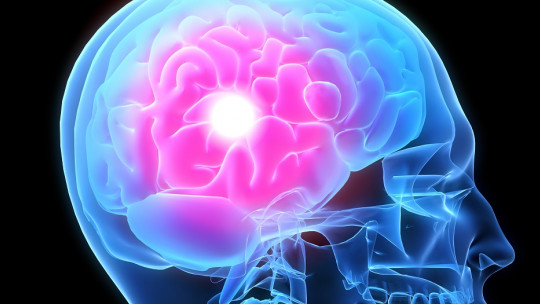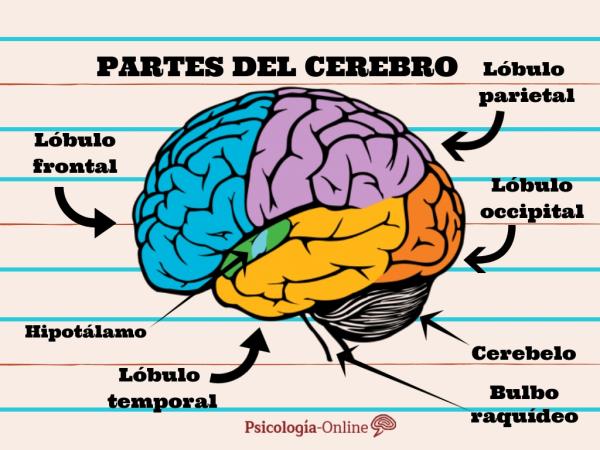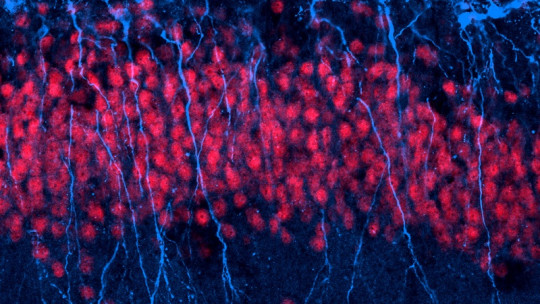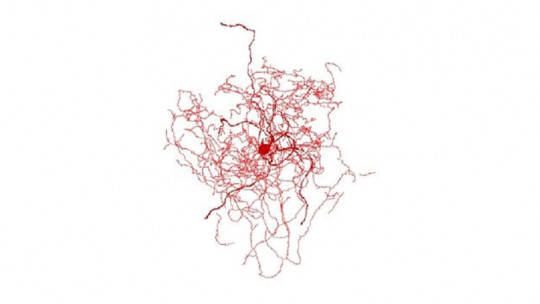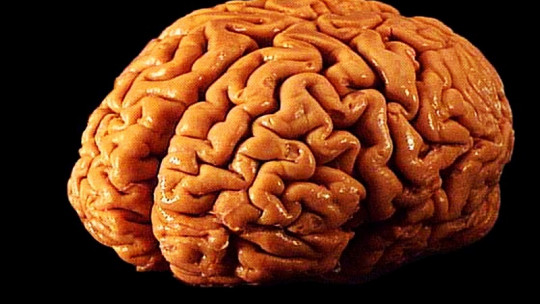One of the most fascinating organs in our body is, without a doubt, brain It is also an organ that, to this day, remains very unknown and that, with each discovery we make, becomes more perfect and surprising. Thanks to the brain we can carry out all our daily activities, understand the world and relate to it. But, not only does it allow us to enjoy life with our eyes open, but also, when we close them, it continues working and recreating other situations and scenes that could very well occur in real life.
In this PsychologyFor article we are going to better discover how the brain works by telling you why do we dream when we sleep One of the great unknowns of our human body and that has caused great debates among philosophers such as the well-known case of Sigmund Freud.
The reason for dreams
If you want to know why we dream when we sleep, it is important that we know what happens in our mind when we sleep. Unlike what we normally think, sleeping does not mean being inactive but rather it is another activity of our nervous system. During hours of sleep, our body balances the body, cells regenerate and our muscles and bones rest. That is, the “material” part of the body requires this rest but the brain continues working, in a different way, of course.
Throughout the night we can have different types of dreams, but there may also be times when we do not dream. The mere fact of sleeping does not imply dreaming but, depending on the phase of sleep we are in, we can recreate these types of thoughts or not.
Besides, we are not always able to remember dreams that we had during the night. Generally, we only remember those that we just had (just before waking up) or those that may have disturbed us (for example, nightmares, distressing dreams, etc.).
What happens in our brain when we sleep?
During sleeping hours, our brain is almost completely activated That is, it is more active during rest hours than during the day and, therefore, we need blood flow to be twice what we use when we are awake.
But it is true that there is a part of the brain that doesn’t work when we sleep: the center of logic And that is precisely why the thoughts that come to our mind, our dreams, are usually part of a more dreamlike world that does not have to be related to reality.
In addition, you have to know that our brain also sends messages to our body so that, during sleep, it does not activate or receive those messages as real. For it, the brain sends a series of signals to the spinal cord that aim to paralyze our body. This is the reason why we can be living a lot of adventures with our eyes closed but our body remains completely still. The only part of our body that moves during sleep are the eyes, which are activated when we enter the phase known as REM.

The function of dreams
Now that you know that our brain is much more active at night, we are going to continue this article on why we dream when we sleep by talking about the function of dreaming. During this time of day, our brain does a very important task for our memory: discard and select memories This task of “storing” information is what our organ takes care of when we have our eyes closed.
Furthermore, during the moment of sleep, our brain is responsible for try to solve the problems or complications that we have encountered during the day. Therefore, it is important to sleep well and rest at night so that, the next day, all the information can have been processed, selected and resolved. In this other article we tell you how lack of sleep affects our brain so that you understand how important it is to rest well.
Dreams and our subconscious
Many scholars have studied the relationship between our dreams and our subconscious. One of the fathers of this theory was Sigmund Freud who even created a dictionary with the interpretation of dreams. It is clear that, on many occasions, the dreams or nightmares that our mind recreates are a reflection of some concern or situation of our daily lives. And, by not having the “logical” part activated, the way of representing this problem goes beyond the limits of reality and is presented to us in a metaphorical and surreal way.
Dreaming that your tooth falls out or dreaming that you are being chased are very common dreams that have been given infinite interpretations. It is true that analyzing dreams can help you psychoanalyze yourself, but we should not take this literally either. There are some dreams that do not have to be interpreted psychologically, they are simply mental evocations.
Do we always dream when we sleep? NO
Now that you know why we dream when we sleep, we have to resolve another very common question. And, unlike what many people believe, we are not dreaming every time we sleep. There are different phases of sleep that are divided into:
- NREM (or NON-REM) phase : It is the first phase that takes place during the first 30 or 60 minutes. During this moment we are in the transition between sleep and wakefulness and, in addition to this first moment of sleep, it is also repeated throughout the night. During this phase, our muscles relax and metabolism slows down.
- REM phase (“rapid eye movement”) : The REM phase has an average duration of 30 to 90 minutes, then we return to an NREM phase and continue with the sleep cycles. These phases are repeated cyclically during the night, therefore, we can have up to 5 different dreams at night if we sleep for 8 hours.
As we see, the differentiation of both phases has been established with the fact that our eyes are moving or not. As we have indicated above, our entire body remains static during sleeping hours. Everything except the eyes. They are indicators of brain activity. And it is that During the REM phase our brain is much more active and, therefore, our eyes receive this activity with movement. The body is still relaxed but our mind is more active than ever.
Therefore, not always when we sleep we dream Because if we sleep and do not enter the REM phase, our body will not be as active as to recreate dreams. In addition, people who suffer from insomnia and wake up during the night may be constantly in the NREM phase and, therefore, do not stop dreaming.

Why do we dream bad things or have nightmares?
During sleep we can suffer from what is technically known as “dysfunctional dream” and colloquially known as “nightmares”. It is an alteration that takes place in our subconscious and can be a reflection that there is something in our life that is disturbing us. But it doesn’t always have to be that way.
As we have already said, there can be a direct relationship between dreams and our emotions or our life, which is what Freud’s psychoanalysis defends. But it may also be that nightmares appear without any correspondence with our emotional state. In fact, it may be that an overwhelming or scary dream only occurs because we have just watched a movie that has upset us and our brain only repeats what we have just seen.
In fact, in addition to psychoanalysis explanations of dreams, there are also some external or physical factors that can give us nightmares, for example:
- To see one scary Movie or anxiety before sleeping
- Being sick and suffering fever rises at night
- Living in a state of stress and anxiety
- Be with depression
In this other article we discover you why do you constantly have nightmares so you can understand the origin of this situation.
This article is merely informative, at PsychologyFor we do not have the power to make a diagnosis or recommend a treatment. We invite you to go to a psychologist to treat your particular case.
If you want to read more articles similar to Why do we dream when we sleep we recommend that you enter our Neurosciences category.


